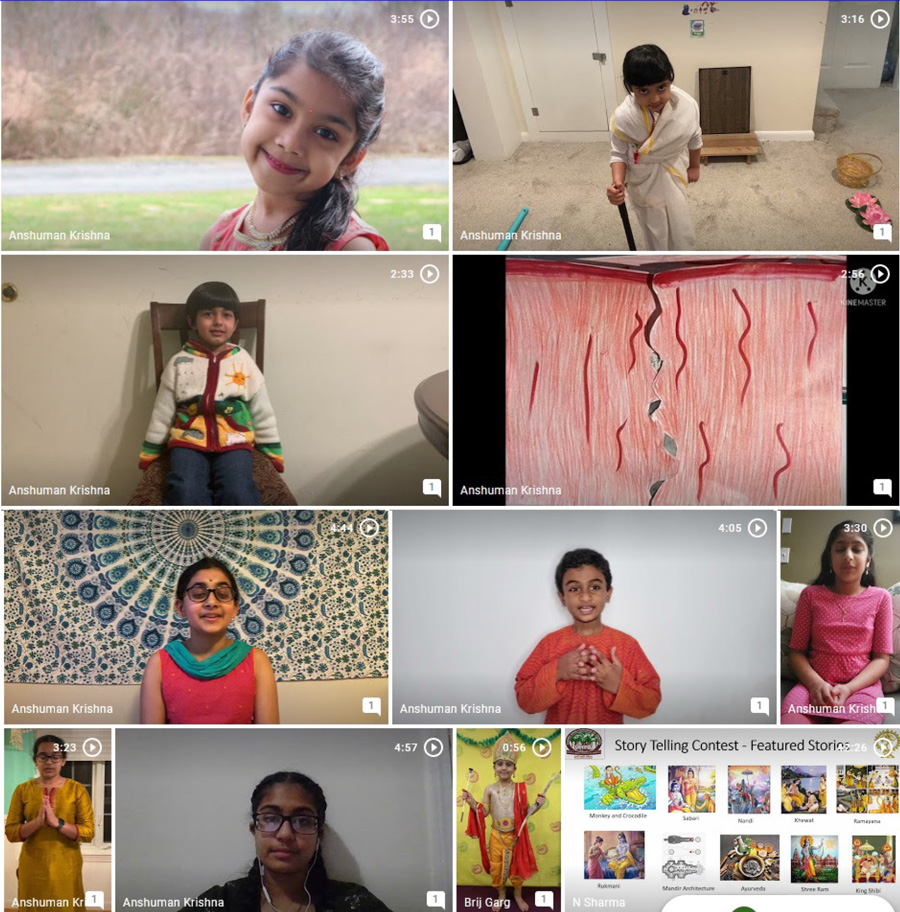I will never forget the time when I was in a grocery check-out line one dreary winter day. A young girl in front of me turned to me and said, out of the blue, “It’s my birthday next August.” The joy and anticipation on her face drove away all my winter blues.
Who doesn’t like birthdays? Full of excitement and joy, birthdays conjure up images of cakes, candles, decorations, presents, friends, laughter and happiness all around. Children especially look forward to birthdays, sometimes preparing for the next birthday as soon as the current one is over.
One of the traditions around birthdays is the birthday cake and blowing out the birthday candles. I have asked many people about this custom, but nobody is able to give me an answer. “It’s just something that is done, it’s a tradition,” say most people. So, I decided to ask the Twenty-first-century Guru, Google. Here is what I found.
“The earliest stories of candles and cakes are linked to the ancient Greeks. Once a month, the Greeks would celebrate the birth of Artemis by making round cakes and lit candles would be placed on the cake. Artemis is the Goddess of the Moon. The round cakes represented the moon, and the candles were to represent the reflected moonlight. It was believed that when the candles were blown out, the smoke would carry wishes and prayers to the sky-dwelling gods.”
“Around the Middle Ages, Germans brought about a more birthday-centric celebration closer to what we see today in the U.S. Kinderfeste was a child’s birthday celebration in which candles were placed on a cake and each one represented one year of life. An extra candle was added to the cake to bring hope for another full year of life, placed in the center of the cake as “the light of life.” However, the candles were allowed to burn all day long and basically coat the cake in wax. This was done because Germans believed children were especially susceptible to evil spirits on the day of their birth. At the end of the day, the birthday kid was told to blow out all the candles at once in hopes that their smoke would find its way up to Heaven, similar to the Greeks’ offering to Artemis.”
Most people follow the tradition of blowing out the candles on the cake without knowing the reasons behind it. However, a 2017 study from the Journal of Food Research found that blowing out birthday candles on a cake increased the bacteria on the icing by 1400%. This is usually the bacteria that comes out of the mouth of the person blowing on the cake.
The Covid era has brought about another concern. Dr. S. Patrick Kachur, professor of population and family health at the Columbia University Mailman School of Public Health, cautioned, “Blowing out candles can expel virus particles, just like breathing, talking, singing, shouting, coughing and sneezing, if the person is infected.”
Another birthday tradition is the “sweet sixteen.” Many Indian parents celebrate a girl’s sixteenth birthday with great enthusiasm, sometimes as grand as a wedding. There is nothing equivalent to this for a boy. Why is that? This celebration is a throwback to the British Victorian era.
During Victorian times, a young girl was sheltered and not allowed to mingle in society. When she turned sixteen, she was considered old enough to mingle with the opposite sex and choose her own partner. A grand ball was arranged by her parents, in which she was “presented” to society, introduced to eligible bachelors, and was given the permission to start dating. That is where the concept of “sweet sixteen” arose, and why there is no such equivalent for boys. It is basically giving the girl permission to date.
What does the Hindu tradition say about blowing out candles?
In the Hindu tradition, Agni Dev, the God of Fire, is represented by the flame. When we light a candle or a diya (an earthen lamp), we invoke Agni Dev to come into our midst to bless us. Since the flame provides light, it also symbolizes knowledge. In olden times, the diya was made from clay or mud. Today it can be made from metal or other substances. In order to light it, there needs to be a wick which is made of cotton, which needs to be immersed in ghee. The top of the wick should be out of the ghee for it to burn, if it is completely immersed, it will not burn.
All auspicious occasions start with the lighting of a lamp. Light symbolizes knowledge and darkness symbolizes ignorance. Ishwar is “chaitanya”, the knowledge principle, the source that enlivens and illuminates us all. Knowledge removes ignorance just as light removes darkness. Knowledge backs all our actions, good or bad. That is why the lamp is lit as a “witness” to our thoughts and actions during any auspicious occasion.
The traditional lamp has a special significance. The oil or ghee in the lamp symbolizes our vaasanas or negative tendencies. The wick symbolizes our ego. When lit by spiritual knowledge, the negative tendencies get exhausted slowly and the ego finally burns away. Like the wick, even when immersed in the negativity of the world around us, we should try to remain above it. Just as the flame of the lamp always burns upwards, we also should strive for higher ideals. A single lamp can light hundreds more, just as a man of knowledge can give it to many others. Knowledge never diminishes when shared with others but increases in clarity and conviction.
That is also the symbolism of the candle. When we extinguish the candle, we create darkness, we invite ignorance into our home. In the process of blowing out the birthday candle, we also unknowingly spit on the fire, which is a symbol of Agni Dev.So the next time you blow out the candle on a birthday cake, think for a minute. Do you want to bring darkness into your home on the auspicious occasion of your family member’s birthday? It may be better to pick up the candle and perform “Aarti” of the birthday person, thus honoring him or her.



![[ India Today ] Ohio senator JD Vance thanks wife, a Hindu, for helping him find Christian faith](https://hinduvishwa.org/wp-content/uploads/2024/06/us-senator-jd-vance-reveals-how-his-hindu-wife-usha-helped-him-find-his-christian-faith-image-re-272530504-16x9_0-120x86.webp)










